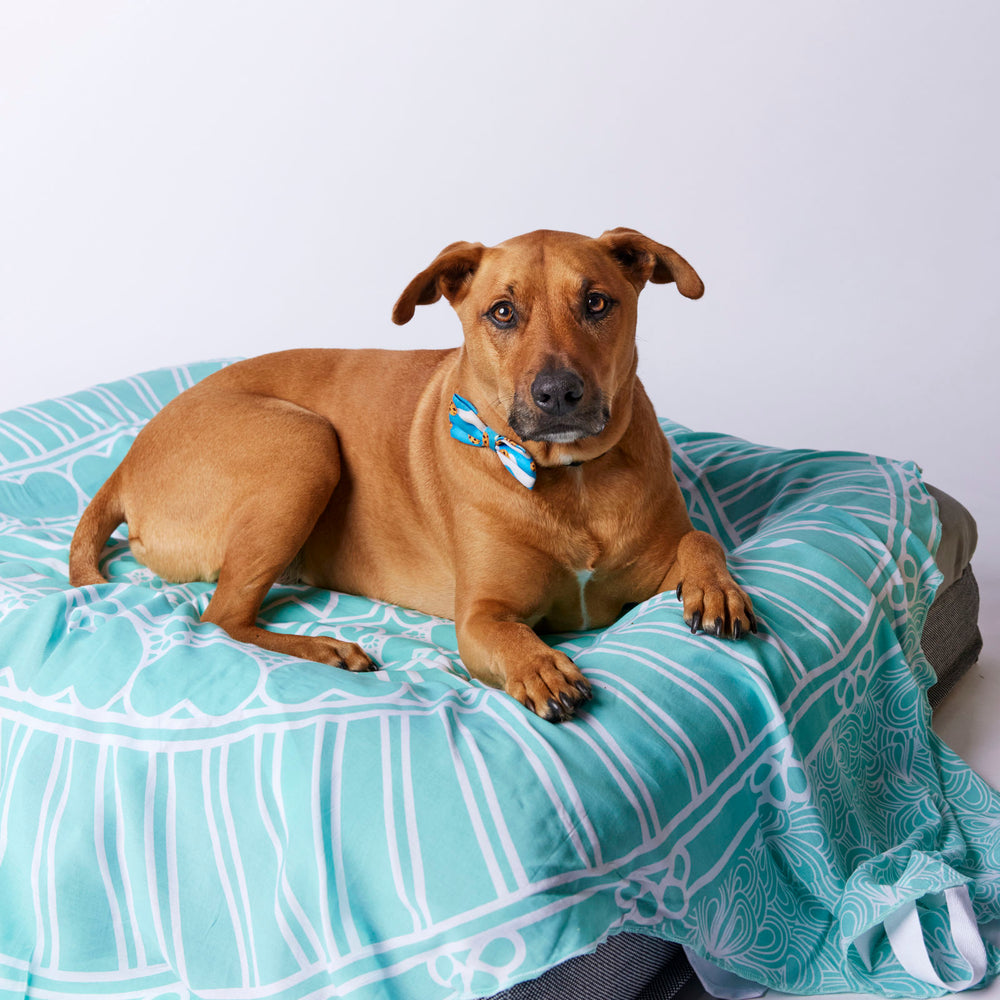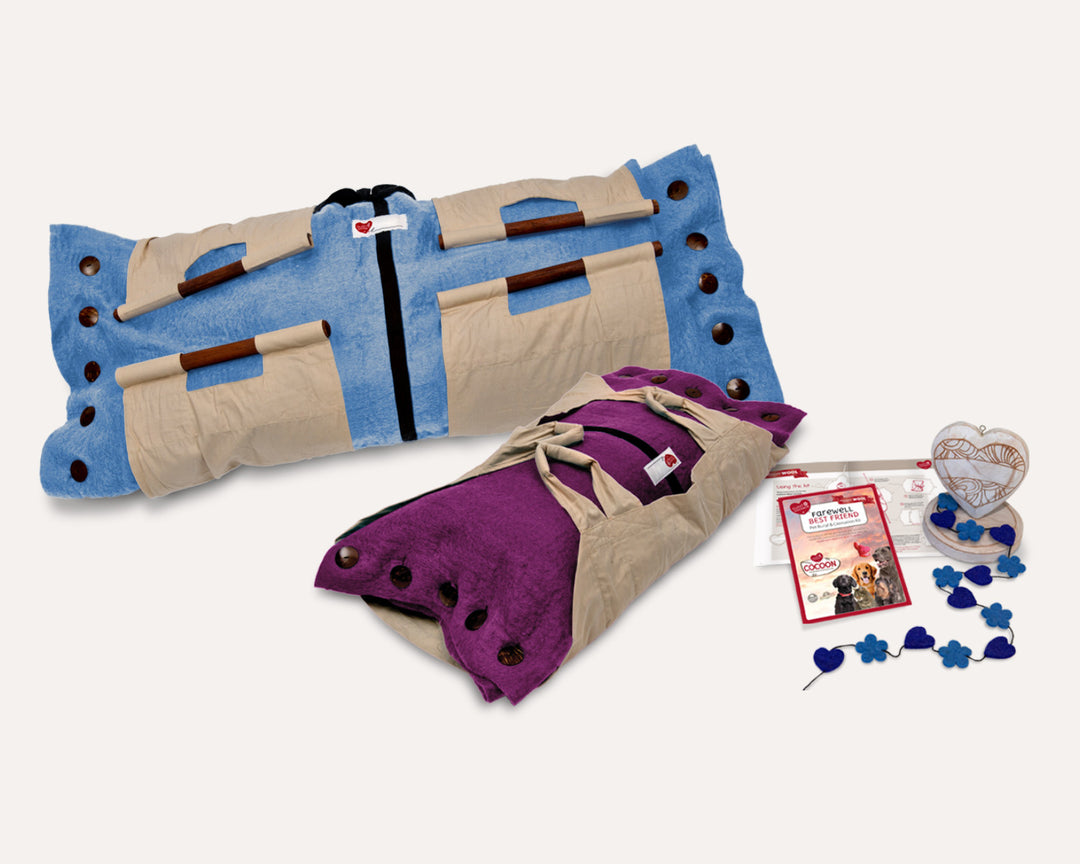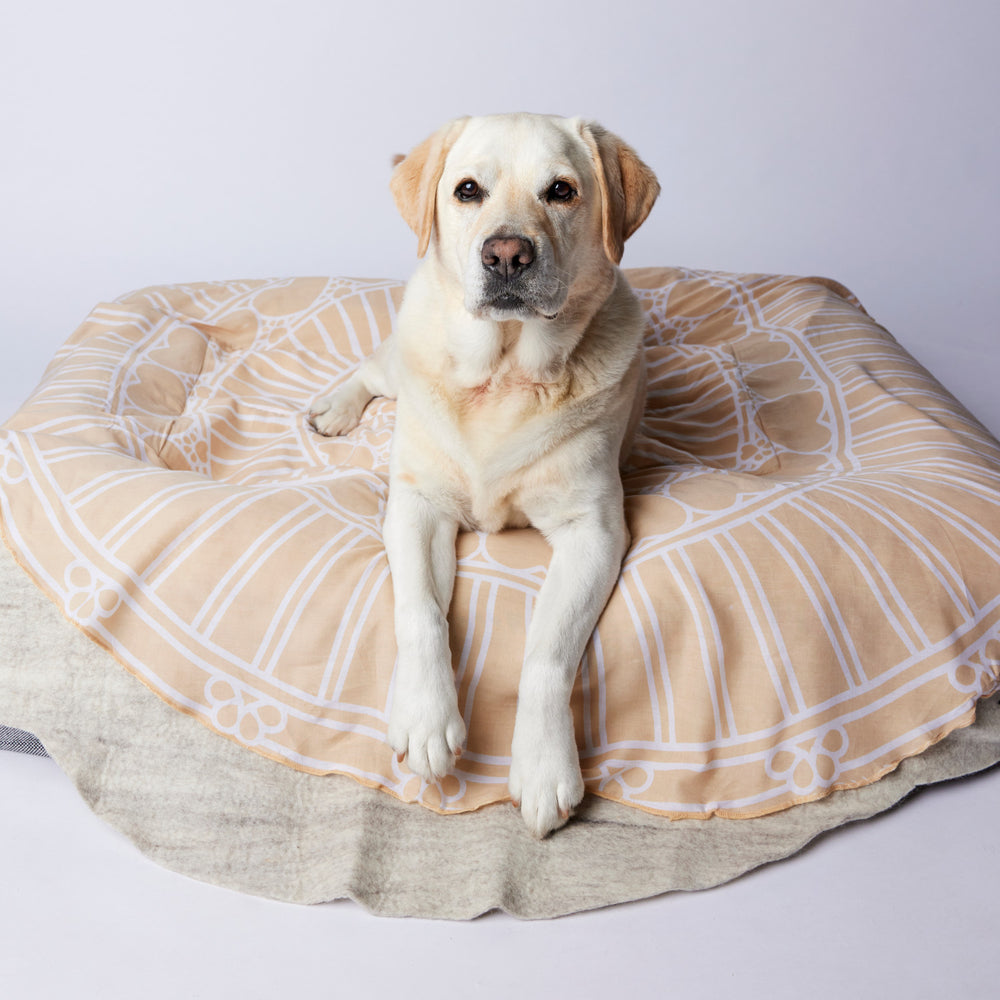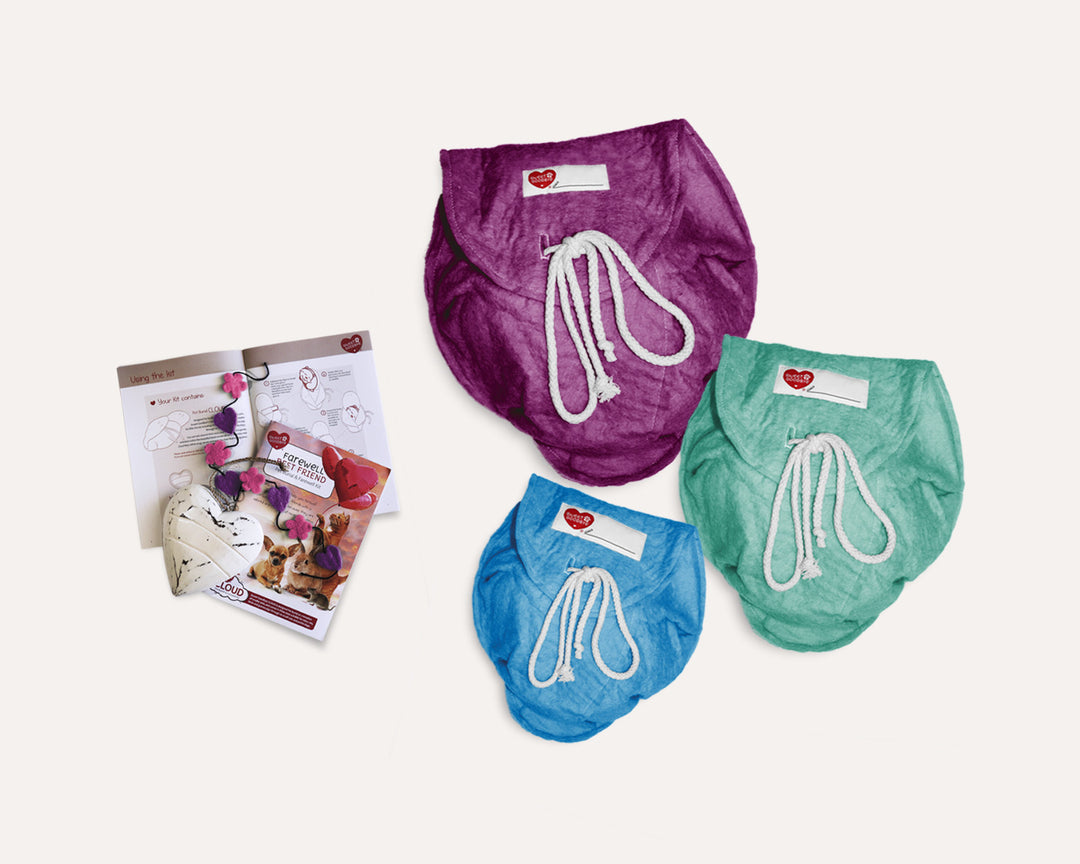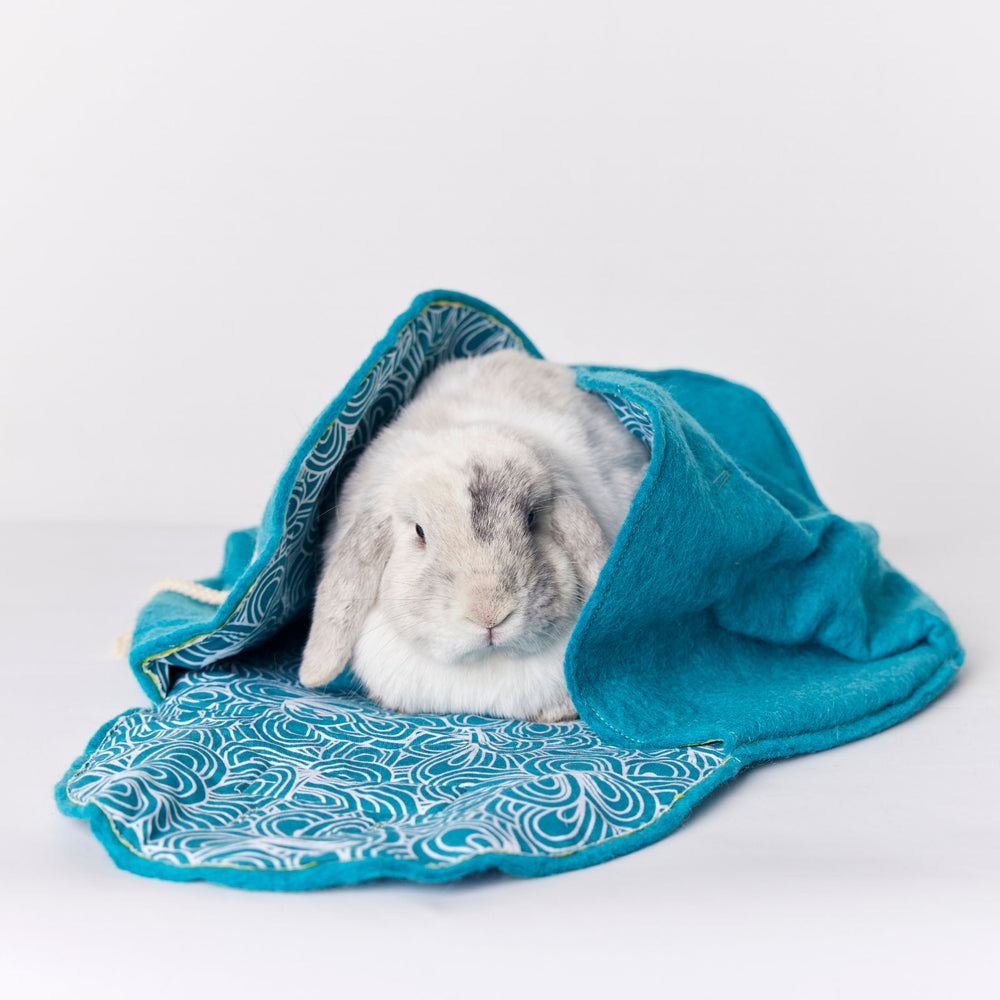Understanding Senior Dogs: Embracing Routine and Habit

Our senior dogs have unique personalities. Their greying faces, soulful eyes, and the rare moments when they act like puppies tell us a story. Although it's difficult to see our furry friends getting old, that's the time when they need us the most.
With growing age, senior dogs face many problems, including increased confusion, irritability and being less active. Caring for our older furry friends is essential and it takes time and patience.
Understanding our senior dogs better will help us to give them a happy life in their golden years.
Our Older Dogs Are Like Older People

Our senior dogs are just like older people, sounds weird, but it's true! Senior dogs, while ageing, undergo changes that are similar to those experienced by older humans.
- Senior dogs show a unique charm as they age, similar to older humans' wisdom and grace. Embrace their grey fur and the wisdom it shows.
- Like older individuals, senior dogs move at a slow pace. So, be patient during activities and walks and let them set their tempo.
- Our older dogs have difficulty communicating like our older individuals. Look out for any non-verbal cues to address their needs.
- Our senior dogs and individuals suffer from anxiety and loneliness. We need to spend quality time with them to make the bond stronger.
- Senior dogs rely on their owners to provide a comfortable and safe environment like our old family members. Providing cozy beds or a dog crate gives them safety and comfort.
- Like senior individuals, senior dogs experience cognitive changes as they age. The best solution is engaging in activities that keep them mentally active and stimulate their mind. Here are some methods to mentally stimulate your dog . Also, giving food and supplements rich in omega-3- fatty acids can support cognitive functions.
Establishing a Routine is Important

Senior dogs are not so fond of changing routines, whether their sleeping schedule, evening walks, or dietary changes. Keeping up with the sudden changes is difficult for them and can make them anxious and stressed. Senior dogs' behaviour to different environmental factors changes with age. However, younger dogs can handle these factors in a better way.
- A proper routine can benefit senior dogs in several ways. So, be consistent in their routine to comfort them and keep them stress-free.
- Establish bedtime rituals that remind them it's time to sleep. This might be a short walk or a command like "bedtime."
- Diet is an essential factor regarding senior dogs' health. Therefore, consult a vet before making any dietary changes for old dogs.
- Regular grooming keeps dogs healthy. So, trimming our senior dogs' nails and brushing their hair should be a part of their routine.
- Schedule exercise time to keep senior dogs a little active. Go for short, gentle walks instead of strenuous activities that might drain them completely.
- Senior dogs have less bladder control as they age. Let them have bathroom breaks at regular intervals and consider important signs like whining or restlessness.
Senior Dogs' Confidence May Reduce With Time

Ageing brings physical and cognitive changes in senior dogs. Consequently, they may lose confidence in their abilities. What we need to do is support and understand them in their golden years.
Here’s some ways we can help them live a happy and healthy life:
- Arthritis, reduced mobility, and muscle weakness are common in senior dogs, making them less confident in moving around. We should help them by giving them a supportive harness during walks or assisting them in navigating stairs.
- Senior dogs are prone to behavioural changes such as clinginess or increased anxiety. Be patient and treat them with compassion. Give them reassurance and comfort when they show anxious behaviour.
- Due to low energy levels, older dogs feel less confident engaging in high-energy activities. So, adjust their exercise routines depending on their energy levels. Opt for less strenuous exercises like swimming, scent games, and short walks.
Keeping Senior Dogs Happy is the Key

The key to keeping our senior dogs active and happy is to make them interact with other dogs of their age. They are unable to spend time with younger dogs due to their antics. But hanging out with their senior fellows can improve quality of life.
Despite their slowing pace, dogs still enjoy playing and going out even when they age. So, try to play their favourite outdoor games with them. But keep these games low-key so our older furry friends don't try to jump or twist for playing.
Our senior dogs are like older individuals in numerous ways. However, properly addressing their needs by understanding them is what we need to do to keep our older dogs happy. Embrace the beauty of ageing in furry companions and let them enjoy their golden years to the fullest.





